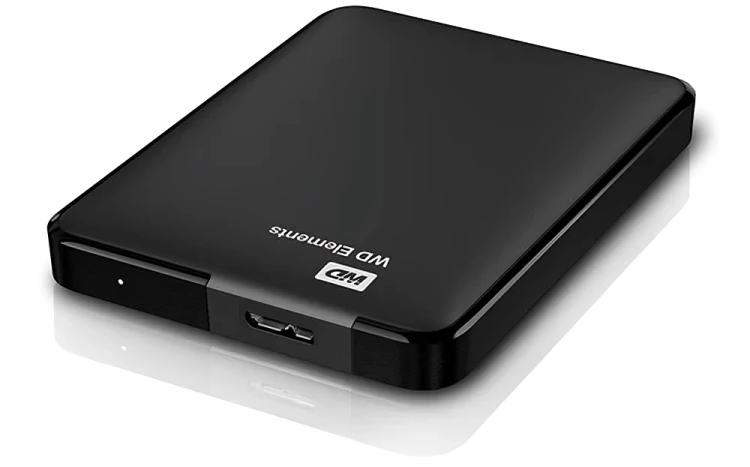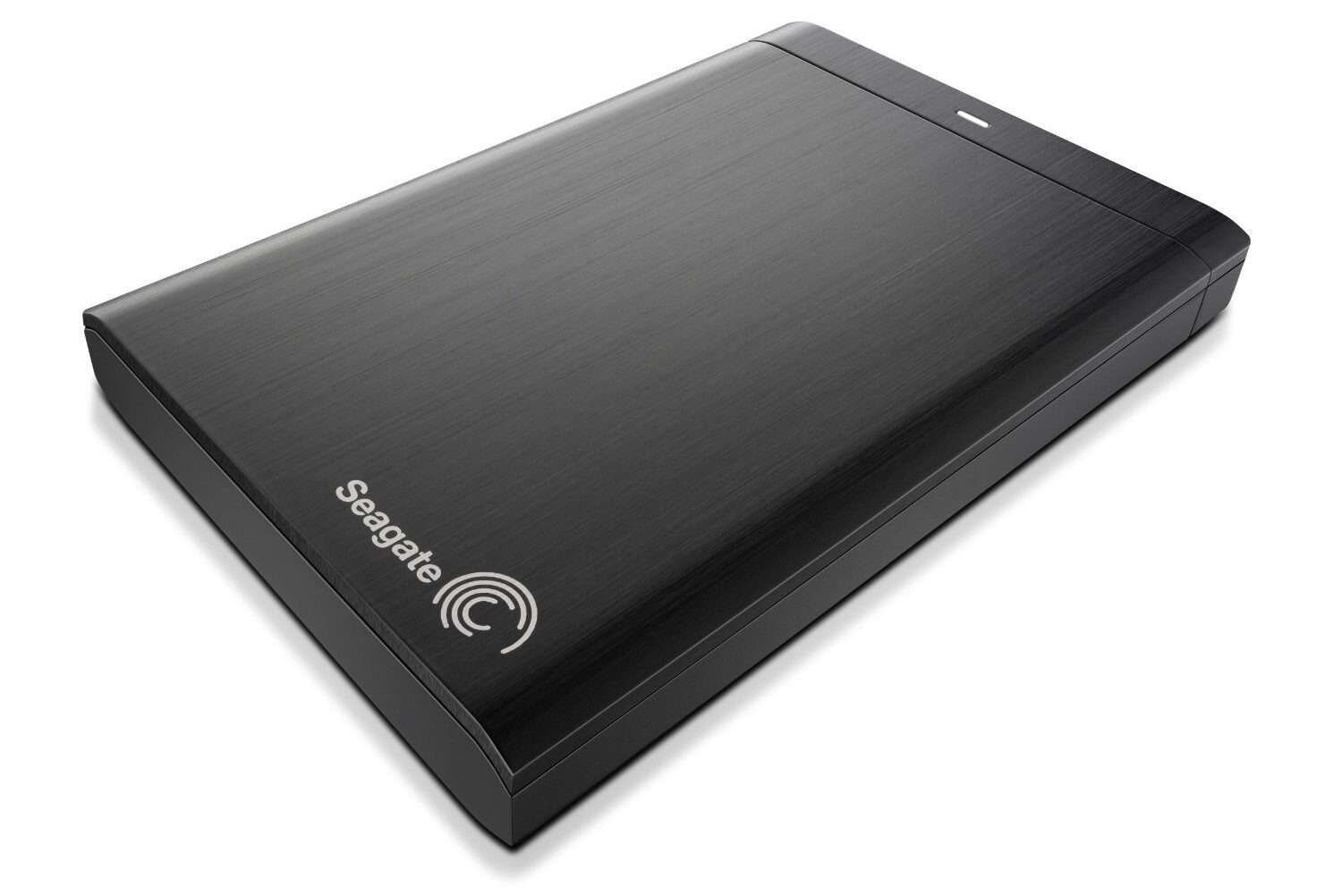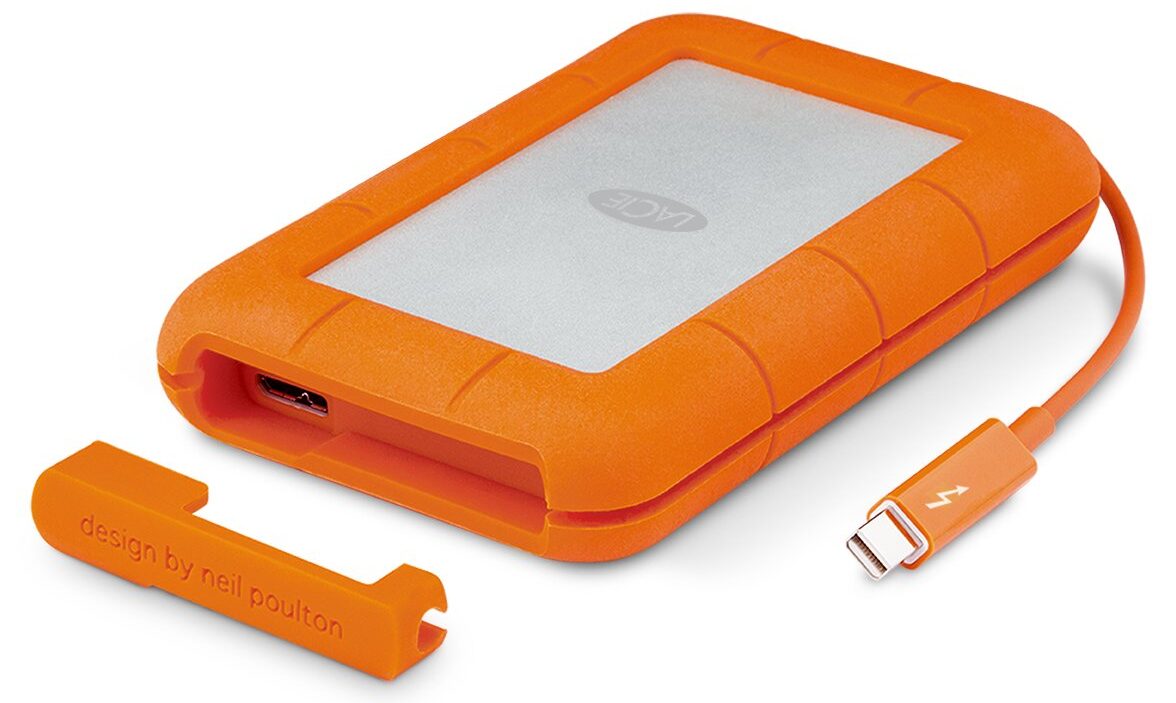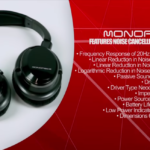How To Choose The Right External Hard Drive
- 1 Importance of an External Hard Drive
- 2 Key Considerations When Buying an External Hard Drive
- 2.1 1. Storage Space
- 2.2 2. Budget
- 2.3 3. Size of the Drive
- 2.4 4. Connectivity Options
- 2.5 5. Speed (RPM and SSD vs. HDD)
- 2.6 6. Durability and Build Quality
- 2.7 7. Security Features
- 2.8 8. Warranty and Customer Support
- 3 Popular Brands and Recommendations
- 3.1 Western Digital (WD)
- 3.2 Seagate
- 3.3 Samsung
- 3.4 LaCie
- 4 Conclusion
In today’s digital age, having an external hard drive is essential. An external hard drive is invaluable if you’re a professional photographer or videographer or need extra storage space. However, choosing the right one can be daunting with the myriad options available. This guide aims to help you navigate the selection process by detailing the key factors to consider when buying an external hard drive.
Importance of an External Hard Drive
Before diving into the specifics, it’s essential to understand why having an external hard drive is beneficial:
- Additional Storage: For those with limited internal storage, an external hard drive offers an easy way to expand capacity.
- Backup Solution: It provides a reliable means to back up important data, protecting against data loss due to hardware failure or accidental deletion.
- Portability: External hard drives are portable, allowing you to carry large amounts of data wherever you go.
- Data Transfer: They facilitate easy data transfer between devices without an internet connection.
Key Considerations When Buying an External Hard Drive
1. Storage Space
A pc with an i5 13th Generation process would not suit your storage needs. However, if you are customizing it, you can install an SSD with 1TB or even more storage space. One of the primary factors to consider is the hard drive’s storage capacity. The amount of space you need depends on your usage:
- Casual Users: If you primarily use your external hard drive for documents, photos, and small videos, a 500GB to 1TB drive should suffice.
- Professionals: For photographers, videographers, and gamers who need to store large files, a 2TB or larger drive is recommended.
Remember, it’s always better to opt for more storage than you think you’ll need, as your data needs will likely grow over time.
2. Budget
External hard drives come in a wide range of prices, so you must set a budget before shopping. Prices vary based on brand, storage capacity, speed, and additional features. Here are some tips to consider:
- Local vs. Premium Brands: Local brands often offer more budget-friendly options, while premium brands might be pricier but offer better Quality and reliability.Quality and Discounts: Watch for sales and discounts, making high-quality drives more affordable.
3. Size of the Drive
The physical size of the hard drive is another important consideration, especially if you travel frequently:
- Portable Drives: These are typically 2.5-inch, smaller, lighter, and designed for easy transport. They don’t usually require an external power source, making them ideal for travel.
- Desktop Drives: These are 3.5-inch drives, larger and heavier, but offer higher capacities and faster speeds. They require an external power source and are better suited for office or home use.
4. Connectivity Options
The connectivity options of an external hard drive determine how quickly you can transfer data and how compatible the drive is with your devices:
- USB 2.0 is an older standard with slower data transfer speeds that is adequate for basic uses.
- USB 3.0 and 3.1 offer significantly faster transfer speeds and are backwards compatible with USB 2.0 ports.
- USB-C: The latest standard, providing even faster speeds and a reversible connector. Ideal for modern laptops and devices.
- Thunderbolt: Offers the fastest transfer speeds, suitable for professionals dealing with large files and high-resolution media.
5. Speed (RPM and SSD vs. HDD)
The speed of the hard drive affects how quickly data can be read from or written to the drive:
- HDD (Hard Disk Drive): Traditional drives that use spinning disks. They are more affordable but slower compared to SSDs. The speed of an HDD is measured in RPM (revolutions per minute). Common speeds are 5400 RPM and 7200 RPM, with 7200 RPM being faster.
- SSD (Solid State Drive): These drives use flash memory and have no moving parts, making them faster, more reliable, and more expensive than HDDs.
6. Durability and Build Quality
If you plan to quality external hard drive around, durability is crucial:
- Build Quality: Look for drives with solid construction and materials that can withstand drops and bumps.
- Rugged Drives: Some drives are designed to be rugged, with features like shock resistance, waterproofing, and dust protection. These are ideal for outdoor use and rough conditions.
7. Security Features
For sensitive data, security features are essential:
- Encryption: Many external hard drives offer hardware encryption to protect your data from unauthorized access.
- Password Protection: Some drives come with software that allows you to set a password to access the data.
8. Warranty and Customer Support
A good warranty and reliable customer support are important for peace of mind:
- Warranty Period: Trusted brands often offer longer warranty periods, ranging from one to five years.
- Customer Support: Check the reputation of the brand’s customer support. Good support can be invaluable if you encounter any issues with your drive.
Popular Brands and Recommendations
Western Digital (WD)

Western Digital is known for producing reliable and high-performing external hard drives:
- WD My Passport: Offers a range of capacities, from 1TB to 5TB, with USB 3.0 connectivity. It’s compact, portable, and has password protection and hardware encryption.
- WD Elements: A budget-friendly option with capacities of up to 4TB. It provides fast data transfer rates and is compatible with USB 3.0 and USB 2.0.
Seagate

Seagate is another reputable brand offering a variety of external hard drives:
- Seagate Backup Plus: Available in capacities up to 5TB, this drive features USB 3.0 connectivity and comes with a two-month Adobe Creative Cloud Photography plan.
- Seagate Expansion: A straightforward, no-frills external drive with capacities up to 8TB. It offers fast file transfers and is compatible with both Windows and Mac.
Samsung

Samsung is well-known for its SSDs, which offer superior speed and reliability:
- Samsung T5: A portable SSD with capacities of up to 2TB. It features USB-C connectivity, providing super-fast transfer speeds and a compact, durable design.
- Samsung X5: A high-end portable SSD with Thunderbolt 3 connectivity. It’s ideal for professionals needing the fastest data transfer speeds.
LaCie

LaCie is popular among creatives for its rugged and high-performance drives:
- LaCie Rugged: Designed for durability, this drive offers shock, drop, and water resistance. It comes in various capacities and features USB-C connectivity.
- LaCie d2 Professional: A desktop drive with up to 10TB capacities, designed for high performance with USB-C and USB 3.0 compatibility.
Conclusion
Choosing the right external hard drive depends on your specific needs and preferences. When deciding, consider the storage space, budget, physical size, connectivity options, speed, durability, security features, and warranty. You can find the perfect external hard drive to meet your data storage needs by carefully evaluating these factors.
Investing in a reliable external hard drive can provide peace of mind, knowing that your valuable data is safely stored and easily accessible. Whether you’re a professional dealing with large files or a casual user needing extra space, the right external hard drive can make all the difference.

















